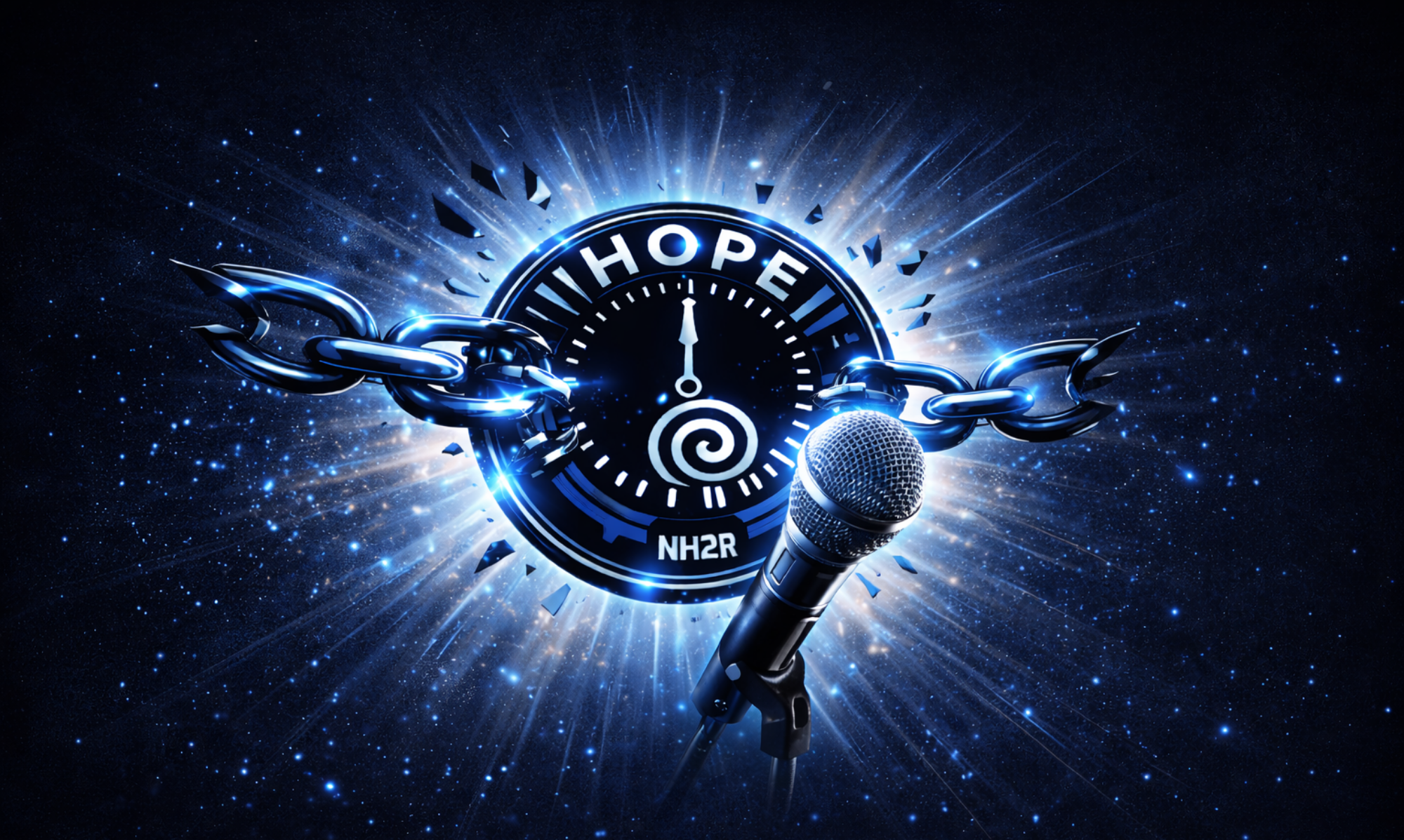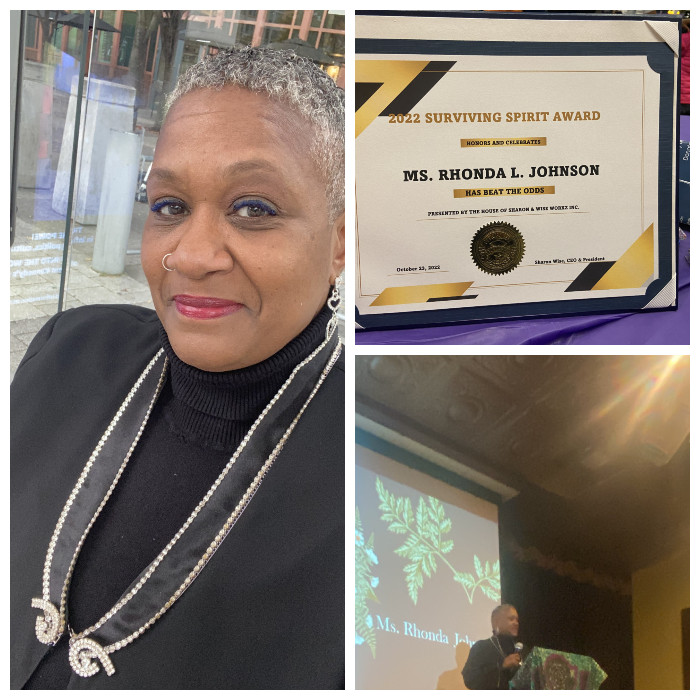SHOW YOUR SUPPORT LEAVE A COMMENT ON YOU-TUBE
I stand before you today as a survivor and a change agent of transformation surviving stigma, judgment, discrimination and categorization from Co-Occurring Disorders. But what are Co-Occurring Disorders?
Most importantly how can one survive living a life after addictions and mental health disorders? Surviving means that if my story of despair, pain and triumphs can help someone understand the reasons WHY a person gets high and want to escape reality with education, hope and solutions to live better. Then my living and struggles are not in vain.
I am a Survivor
Presented by The House of Sharon & Wise Workz INC



